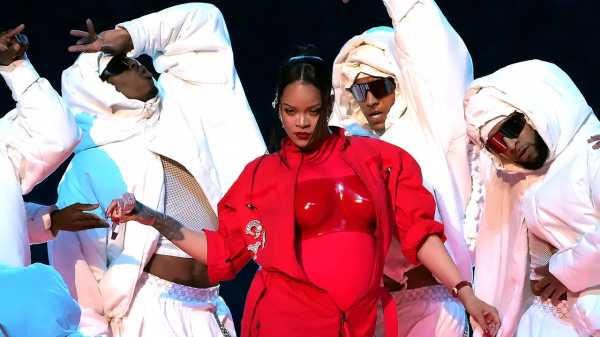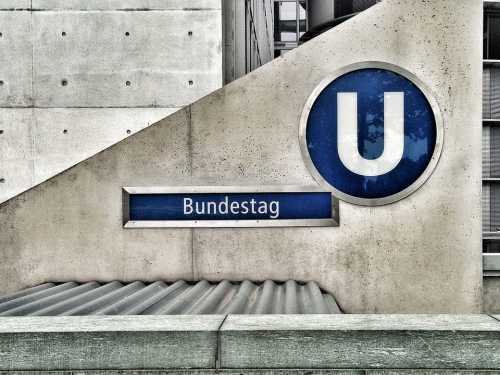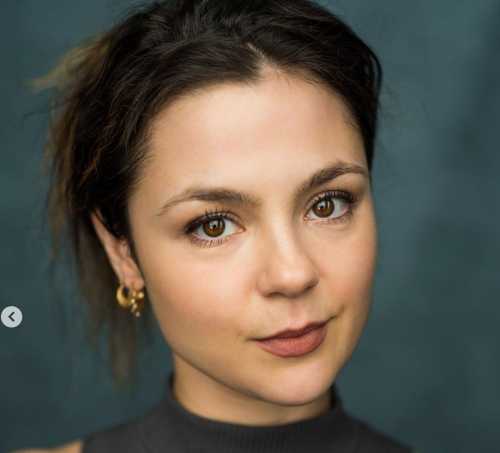
By all measures, last night’s Super Bowl halftime show had all the makings of a global spectacle. Rihanna, who has not released a new album since 2016’s “Anti,” would be taking the stage for the first time in several years. It would be one of her first major public appearances since the birth of her child in May of last year. And it would also, unbeknownst to viewers before the broadcast, double as a pregnancy announcement for the pop star, who is now expecting her second child. Rihanna is one of just a handful of members of true pop royalty, and every element of her Super Bowl performance set the stage for a capital-“M” pop-culture Moment in an age when such moments are few and far between.
The performance also signalled a new era for the culturally beleaguered N.F.L. and its strained relationship to the Black celebrity class. After telling Vogue in 2019 that she “couldn’t dare” perform at the Super Bowl on account of the N.F.L.’s treatment of Colin Kaepernick, Rihanna has since changed her tune, thanks to a partnership between the league and Jay-Z’s sprawling entertainment company, Roc Nation. Formed partly in an attempt to revamp the N.F.L.’s image in the wake of its mistreatment of Kaepernick, the partnership has, at least gesturally, altered the makeup of the halftime show: Last year’s was a gallingly belated celebration of hip-hop history, and the first time the genre had been featured prominently at the Super Bowl. Last week, when Rihanna sat down for an interview with this year’s halftime-show sponsor, Apple Music, she explained that what she once saw fit to boycott had become an opportunity loaded with both personal and political stakes: “It’s important for representation,” she said of the halftime show. “It’s important for my son to see that.”
And yet Rihanna is perhaps the only pop star so relaxed and unencumbered by expectations that she could turn such a high-stakes occasion into a cool and casual jaunt. Her halftime show last night was as muted and stripped down as a Super Bowl performance can be: There were no high-profile guest stars, no garish set pieces or dramatic costume changes. There was no new music to be débuted, nor any theatrical hijinks or chintzy conceptual overlays. Instead, Rihanna stood on a giant suspended LED-lit platform in a pair of oversized red coveralls, barely bobbing and swaying along to her music while a crew of dancers, dressed in what resembled high-fashion hazmat suits, performed gymnastic choreography around her. Not even her facial expressions—usually a bemused half-smile or a winking snarl—betrayed the magnitude of the moment.
If the baby bump was once something for famous women to conceal at all costs, it has, in recent years, become an object of intense celebration—something to be elaborately announced, showcased, photographed, and accessorized. Few have embraced this shift more enthusiastically than Rihanna: when she was pregnant with her first child, in 2022, she came out of relative hiding by staging a paparazzi shoot in New York City that showed her belly peeking out of a hot-pink vintage Chanel jacket, adorned with hanging jewels. Last night’s unvarnished performance was perhaps designed to showcase the most important element on the stage, which was the baby bump. But even the pregnancy was treated with a light touch: the belt of Rihanna’s coveralls was slung just below a faint bump in a way that could have been designed to accentuate a pregnancy or simply to convey a laid-back interpretation of the garment. It was a sartorial choice that prompted a blizzard of confusion and speculation. Beyoncé pioneered this sort of pregnancy announcement at the V.M.A.s in 2011, flinging open her sequined blazer and exaggeratedly rubbing her bump at the end of a performance of “Love On Top.” Rihanna, who is the anti-Beyoncé in her resistance to calculation and choreography, barely grazed her bump with her hands, prompting millions to wonder on social media if she was actually pregnant, or if they were experiencing a fever dream. The “announcement” was so fuzzy that her representative was compelled to confirm that, yes, Rihanna is indeed pregnant, near the end of the game.
From one angle, the confusion of the moment represented a distraction from the musical performance. But, from another, it was in perfect keeping with the anti-spectacle of the show, which felt like a victory lap designed to showcase just how far Rihanna has evolved beyond the conventional demands of pop stardom. This posture is not unearned: her catalog is filled with so many hits, and of so many eras and varieties, that she could fill a decade’s worth of halftime shows without reaching the bottom of her discography. Last night’s was a career-spanning set that showcased Rihanna’s effectiveness in making electronic-dance music. She’s topped the charts with balladry, rapping, and Caribbean-inspired singles, but, in recent years especially, her over-the-top clubby dance hits have become central to the lexicon of American party music. Something like Rihanna’s “We Found Love,” which was coördinated with stadium-wide pyrotechnics when she performed it last night, is as anthemic as American pop music can get.
Since she released “Anti” in 2016, Rihanna has become adept at sustaining, and even growing, her celebrity status without being particularly interested in the duties of a pop star. She’s grown far more likely to promote cosmetic products from her wildly successful beauty line, Fenty, than a new single. She has taken the stage in support of her lingerie brand more frequently than she has performed her music live. She has been teasing new music in fits and spurts for several years now, only to shy away from releasing a record just as frenzied public speculation reaches a new peak. Pregnancy is the latest element of her public persona to inspire just as much gasping Internet-wide awe as any new music could. As she moves further and further away from the merry-go-round of the album-release calendar, her mystique has only continued to grow. If any of her contemporaries had attempted the cool indifference of last night’s performance, they might have been labelled as lazy or ill-prepared—but, for Rihanna, it was simply an extension of the unbothered breeziness that is so endemic to her public persona. The catalog of hits will shape her career, but it’s this essence that is creating a legacy. ♦
Sourse: newyorker.com






